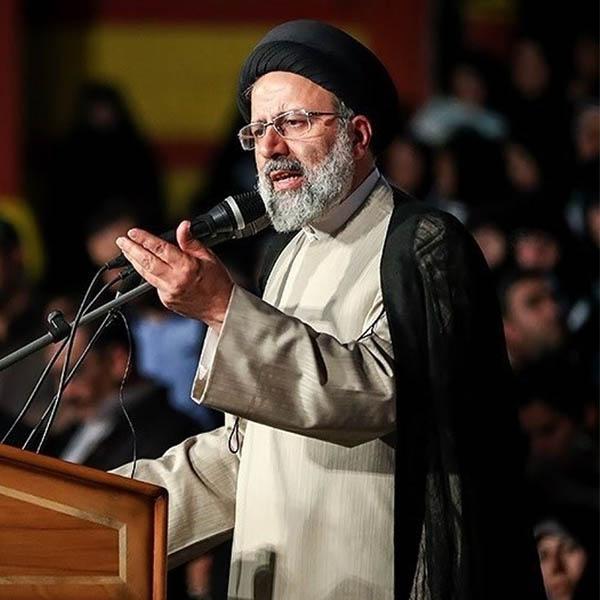Key Figures and Leaders
Featured Leadership
Ayatollah Ahmad Jannati
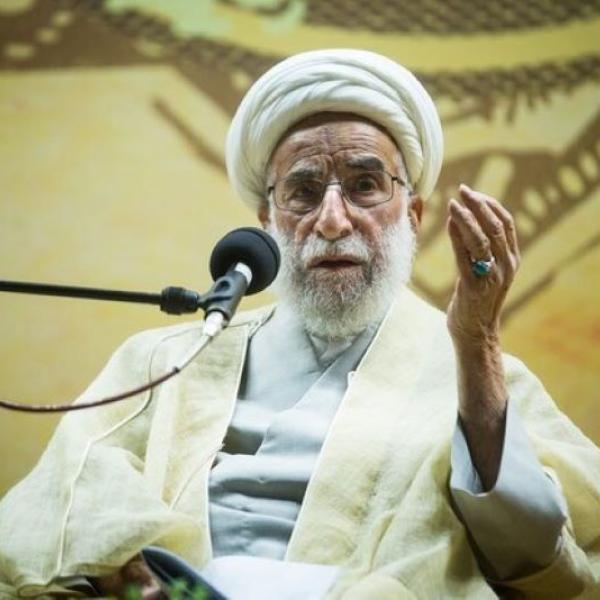
Chairman of Iran’s Assembly of Experts and Secretary of the Guardian Council
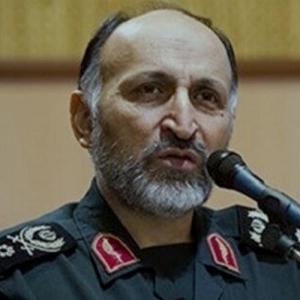
Mohammad Hejazi
Former Deputy Commander of the IRGC's Quds Force
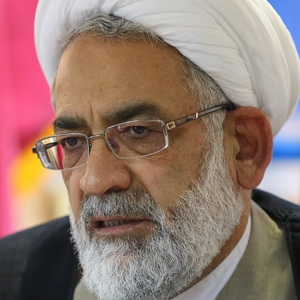
Mohammad Jafar Montazeri
Chief Judge of the Supreme Court of Iran
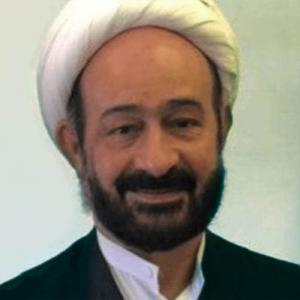
Mohammad Kawtharani
Lebanese Hezbollah's Representative in Iraq
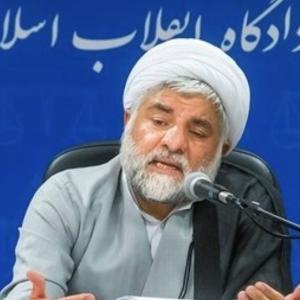
Mohammad Moghiseh
The Iranian Supreme Court’s New Hanging Judge
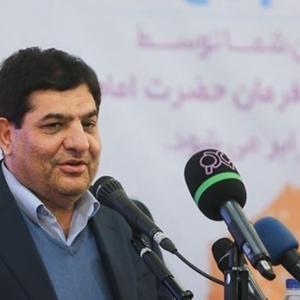
Mohammad Mokhber
First Vice President of Iran
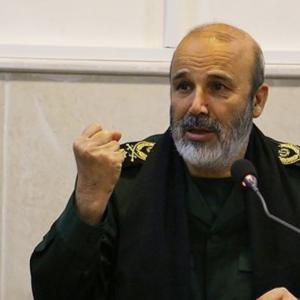
Mohammad Reza Fallahzadeh
Deputy Commander of the IRGC’s Quds Force
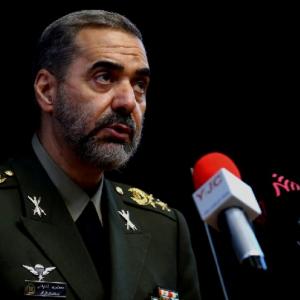
Mohammad-Reza Ashtiani
Islamic Republic of Iran Minister of Defense
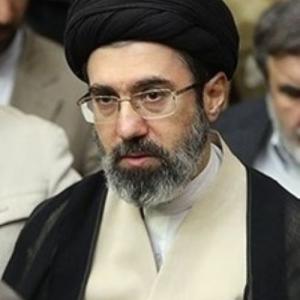
Mojtaba Khamenei
The Supreme Leader’s Gatekeeper & Guardian
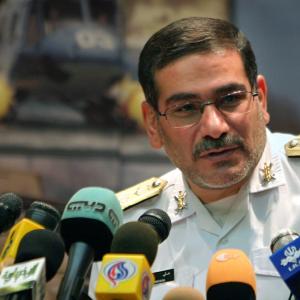
Rear Admiral Ali Shamkhani
Former Secretary of Iran’s Supreme National Security Council Rear Admiral Ali Shamkhani
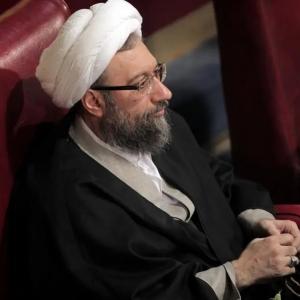
Sadegh Amoli Larijani
Chairman of Iran’s Expediency Council
Receive Iran News in Your Inbox.
Eye on Iran is a news summary from United Against Nuclear Iran (UANI), a section 501(c)(3) organization. Eye on Iran is available to subscribers on a daily basis or weekly basis.
×
